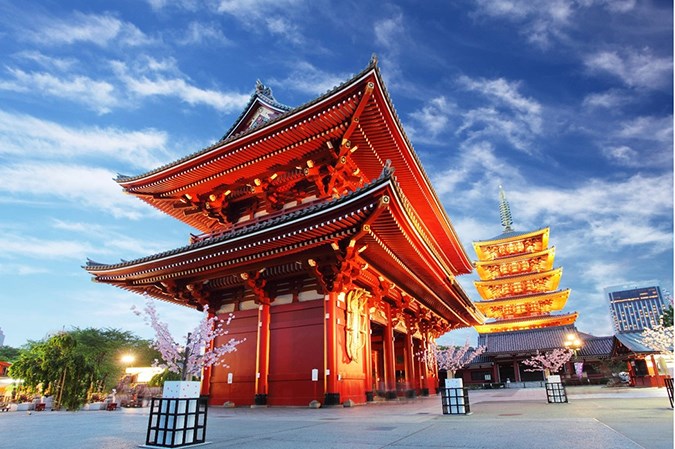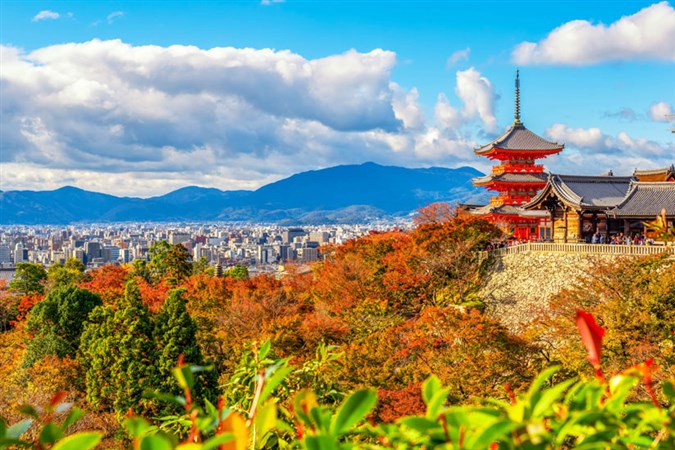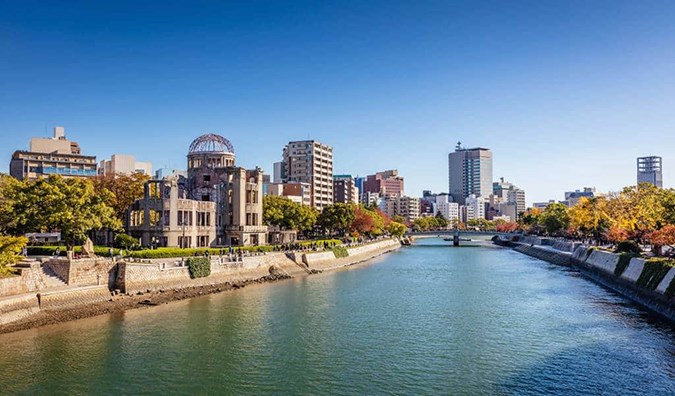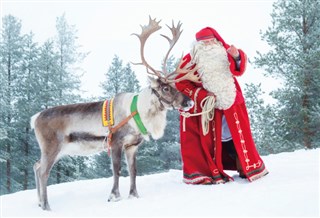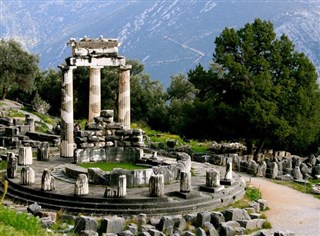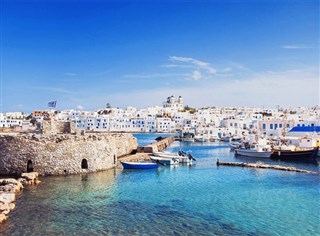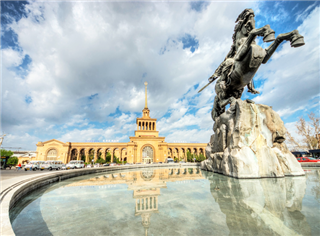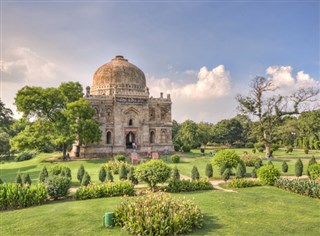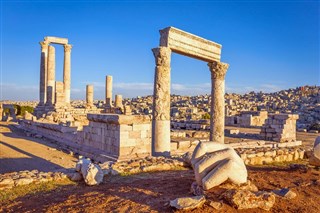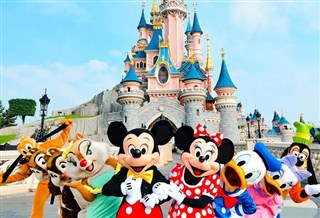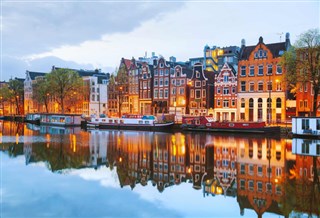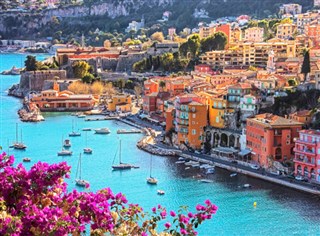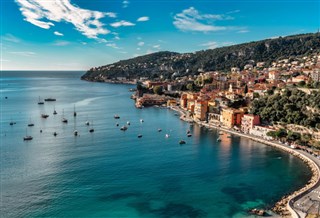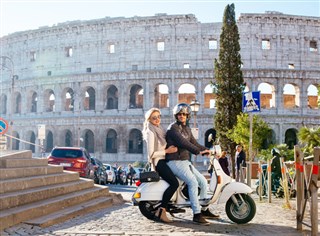-
-
LATEST NEWS CLICK HERE


Classic Japan: Land of the Rising Sun
12 Day Tour from Tokyo to Osaka-
 Escorted Tours
Escorted Tours
Highlights- Immerse yourself in Japan's culture, history, and natural beauty.
- Bright nights and city lights! Japan is calling! Marvel at world-famous temples and neon streets in Tokyo.
- Head to the bustling town of Kyoto! Home to the world-famous Gion - the Geisha district! Filled with shops, restaurants and ochaya (teahouses).
- Osaka is a designated city in the Kansai region of Honshu in Japan, and one of the three major cities of Japan.
- 12 Day Tour from Tokyo to Osaka
Day 1: ARRIVAL TO TOKYO, JAPAN
Welcome to Japan’s capital city. Hotel rooms are available for mid-afternoon check-in.
Day 2: TOKYO
Meet your Tour Director and travel companions prior to morning sightseeing in Tokyo. Your tour starts with a visit to Meiji Shrine, a magnificent 20th-century Shinto monument set in a man-made forest. Next, visit Shinjuku Gyoen Garden. Originally dating from the early 1600s, the garden was destroyed in World War II and reopened in 1949 as a public park, home to one thousand cherry blossom trees. Today, it remains an immensely popular stop for locals and visitors alike. Last stop is the vibrant Asakusa Kannon Temple and the bustling Nakamise shopping arcade. The balance of the afternoon is at leisure.
Breakfast
LunchDay 3: TOKYO
Enjoy the day at your leisure to explore this sprawling metropolis.
Breakfast
Day 4: TOKYO – MOUNT FUJI AREA
This morning, leave Tokyo and head south along the coast to the beautiful Five Lakes region. Take a cable-car ride (weather permitting) for panoramic views of Lake Kawaguchi and spectacular Mount Fuji, or Fujisan as the locals call it, Japan’s highest mountain. You’ll also visit Chureito Pagoda for a chance to snap your own iconic image of the pagoda with Fujisan in the background!
Breakfast
LunchDay 5: MOUNT FUJI AREA – OSAKA
This morning, board Japan’s famous bullet train for Osaka. Upon arrival, a traditional lunch is served. Experience the city’s legendary dish, okonomiyaki, a delicious Japanese-style pancake. Then, join your Tour Director for a walking tour in Minami. Made up of Shinsaibashi, Namba, and Dotonbori, this area is home to great dining and nightlife and some of the city’s most fashionable shops and department stores.
Breakfast
LunchDay 6: OSAKA
Your sightseeing tour starts at the Open-Air Museum of Old Japanese Farm Houses, where traditional thatched-roof farm houses dating from the Edo period have been restored. Be transported back in time as you explore the old architecture. Visit Osaka Castle then enjoy the afternoon and evening at leisure. Perhaps return to Dotonbori this evening to sample local cuisine and see the sparkling neon lights.
Breakfast
Day 7: OSAKA–OKAYAMA–KURASHIKI–HIROSHIMA
This morning, drive south to Okayama and visit Koraku-en, one of the “Three Great Gardens of Japan.” The 30-acre garden features ponds, plum groves, and tea fields. The wide lawns, believed to uplift the spirit and promote open mindedness, are unique to Koraku-en and not a traditional feature of Japanese gardens. In Kurashiki, enjoy free time in the Bikan Historical Quarter, once the political and commercial center of the city. The canal-lined, white-washed, stone streets reflect the Edo period (1603-1867) and are quintessentially Japanese. Continue to Hiroshima.
Breakfast
Day 8: HIROSHIMA
Today’s full day sightseeing includes two UNESCO World Heritage Sites, Peace Memorial Park and Itsukushima Shrine. Start at Peace Memorial Park where you’ll visit the Peace Memorial, commonly referred to as the Atomic Bomb Dome, that is preserved and is just as it was on August 6, 1945, immediately after the bombing. You will also visit the Memorial Museum and Memorial Hall, which commemorate the lives lost that day. Then, travel to Miyajima Island to visit Itsukushima Shrine, known for its beautiful floating Torii Gate.
Breakfast
Day 9: HIROSHIMA–BIZEN–HIMEJI–KYOTO
Drive north to Bizen, where you’ll visit a traditional pottery workshop to learn more about Bizen-yaki, one of Japan’s six ancient pottery styles dating back over 1,000 years. Stop in Himeji to visit Himeji Castle, a UNESCO World Heritage Site, and see the finest surviving example of early 17th-century Japanese castle architecture that combines function with elegance. Continue to Kyoto. This evening, you may choose to stay in a traditional Japanese ryokan (additional fee and pre-booking required).
Breakfast
Day 10: KYOTO
Your day begins with a visit to stunning Kinkakuji, the Temple of the Gold Pavilion, covered in shimmering gold leaf. Walk through bustling Nishiki Market, a narrow, five block long shopping street lined by more than one hundred shops and restaurants. Participate in a tea ceremony, time-honored tradition, and wonderfully choreographed ritual of preparing and serving Japanese green tea. After lunch, visit Sanjusajendo Temple, famous for its 1,001 statues of Kannon, the Buddhist goddess of mercy and Fushimi Inari Shrine, renowned for the thousands of brightly hued Torii Gate. Then, take a walking tour through Gion, Kyoto’s most famous geisha district, and sample a local Japanese treat.
Breakfast
LunchDay 11: KYOTO
Full day at leisure to explore more of Kyoto’s historic sites and shrines.
Breakfast
Day 12: DEPARTURE FROM KYOTO
Your tour ends with breakfast this morning.
- STARTING PRICE $3598
- AIRPORT Departure from Tokyo - Arrival to Osaka
- DURATION 12 nights
-
DEPARTURE DATES
- 08 June 2026
- 06 July 2026
- 10 & 31 August 2026
- 14, 21 & 28 September 2026
- 05, 12 & 16 October 2026
- 09 November 2026
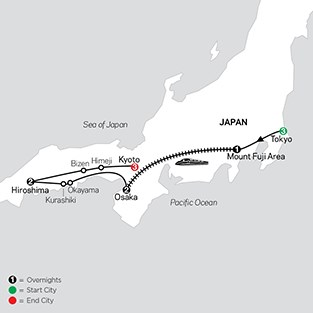 Send Your Request
Send Your Request
 HERTZ GSA for outbound reservations from Lebanon.
HERTZ GSA for outbound reservations from Lebanon.
You May Also Like
CloseSend A Request
